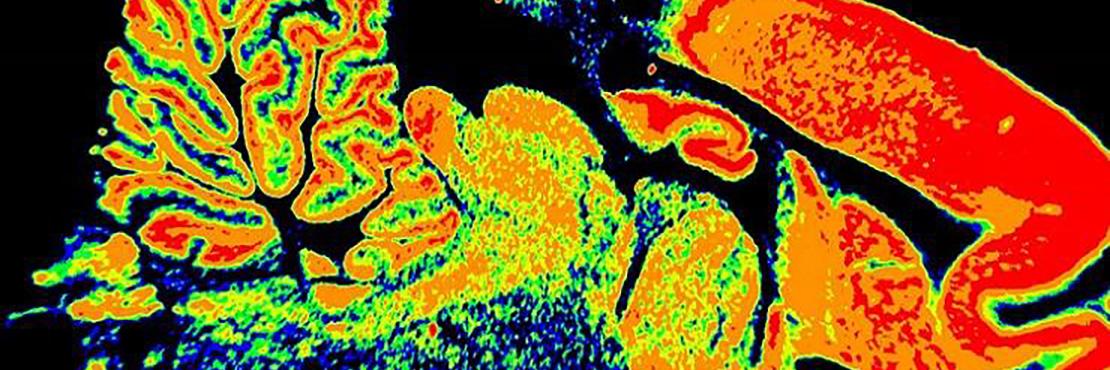Core Members: Ian Brown; Rudy Boonstra; Suzanne Erb (Psychology); Minoru Koyama; Patrick McGowan; Joanne Nash; Stephen Reid; Tod Thiele; Ken Welch; Ina Anreiter
Associated Members: Rene Harrison, Rutsuko Ito (Psychology)
Research Focus: “Molecular to Field” Studies of the Neural Response to Stress
Stress is broadly defined as an intense event which triggers a counteracting response from the organism. Examples of stressors that impact on the nervous system include ischemia, hypoxia, hyperthermia, chronic neurological diseases, infection, addiction, maternal behaviour, predation, and resource and mating competition. Stress affects an organism‟s ability to function, behave and adapt to its environment and the effects of stress on behaviour and adaptation are manifest at the level of gene expression, synaptic plasticity, neuronal communication and neurological function. Understanding how stress affects function and adapt from the molecular to the organismal level is critical in order to i.) develop strategies to promote the ability of the nervous system to withstand stressors; ii.) develop strategies to combat neurological disease following stress and iii.) understand how conservation strategies can lessen the impact of stress on natural populations. Research within the CNS group is multidisciplinary, spanning molecular biology, proteomics, cell biology and imaging, physiology and behavioural and field studies. This combined expertise facilitates an integrated approach to the study of the neural stress response, and allows investigation of the effects of stress from the level of gene expression to the modulation of synaptic and cellular function to the effects in the whole animal.
